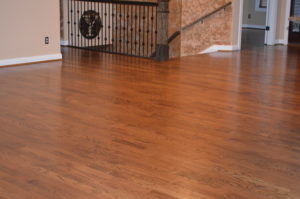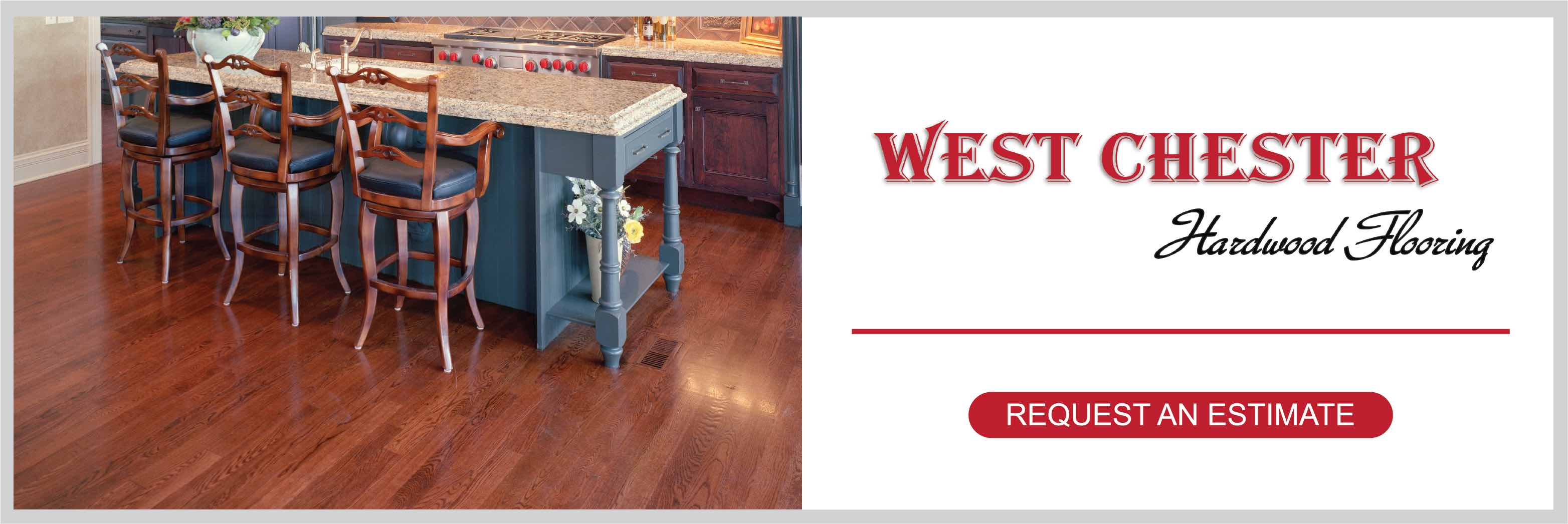09 May Before You Start Your Hardwood Floor Refinishing Project
Are you sick of looking at scratched, discolored flooring? Do you want to restore your home’s elegance without breaking the bank? Refinishing your hardwood floor is a great place to start! Each year, thousands of homeowners opt for this comparably simple alternative to complete floor replacement. At a cost of roughly $3-$7 per square foot, hardwood floor refinishing is a relatively inexpensive home improvement option that adds charm to your house while increasing property value. Sounds like a win-win, right? Here’s everything you need to do and know before getting started.
Understand That This Is NOT A Simple DIY Project
Unless you’ve got extensive professional experience, we strongly recommend against trying to tackle a hardwood floor refinishing project on your own. Taking on a project of this magnitude is unlikely to save you much money in the first place, and that’s ifeverything goes according to plan – which it probably won’t, for a number of reasons. Floor sanders are notoriously hard to control and maneuver, and even harder still to wield effectively. If your hand isn’t completely steady throughout the process, you risk sanding your floor unevenly or over-sanding it to the point where there’s simply not enough wood left to refinish. Even if the sanding goes smoothly, there’s still opportunity for error when it comes to the actual finishing process. Painting on finish is no mean feat, especially for the first time DIYer. Uneven brushstrokes can turn your floor into a veritable rainbow of color instead of a vibrant, uniform finish, and having to repeat the staining process three separate times means there’s ample opportunity for error. Worst case scenario? You irreversibly damage your hardwood floor, requiring a total, costly replacement from the professionals you were trying to avoid hiring in the first place. Don’t do this!
Find The Right Contractor
 If you decide to heed our warning and avoid flying solo on your hardwood floor refinishing project, you’ll need to do some investigative work to find the right contractor for the job. The best results come from professionals who specialize specifically in hardwood refinishing (or installing), so we highly recommend hiring one as opposed to a general contractor or handyman. Scour websites like HomeAdvisor, Angie’s List, and Yellow Pages to find leads, then cross-reference them with the Better Business Bureau to ensure the company in question is reputable and not subject to pending arbitration. Look carefully for contractors who are National Wood Flooring Association(NWFA) certified, as they are among the most trusted refinishers out there. Once you’ve compiled a healthy list of leads, reach out to solicit quotes. You’ll want at least three to get an accurate glimpse at what your project should Be mindful of how responsive each company is to your requests, and how helpful they are in answering your questions. If they can’t be bothered to provide good customer service at the outset, you probably don’t want to entrust them with refinishing your hardwood floor. Before hiring a contractor, make sure to know:
If you decide to heed our warning and avoid flying solo on your hardwood floor refinishing project, you’ll need to do some investigative work to find the right contractor for the job. The best results come from professionals who specialize specifically in hardwood refinishing (or installing), so we highly recommend hiring one as opposed to a general contractor or handyman. Scour websites like HomeAdvisor, Angie’s List, and Yellow Pages to find leads, then cross-reference them with the Better Business Bureau to ensure the company in question is reputable and not subject to pending arbitration. Look carefully for contractors who are National Wood Flooring Association(NWFA) certified, as they are among the most trusted refinishers out there. Once you’ve compiled a healthy list of leads, reach out to solicit quotes. You’ll want at least three to get an accurate glimpse at what your project should Be mindful of how responsive each company is to your requests, and how helpful they are in answering your questions. If they can’t be bothered to provide good customer service at the outset, you probably don’t want to entrust them with refinishing your hardwood floor. Before hiring a contractor, make sure to know:
- How long it will take them to complete the job
- How many refinishing jobs they’ve completed (try to get references from past clients as well)
- If you’re responsible for removing furniture from the room
- All payment terms
- How they handle cleanup upon completion of the job
Decide Whether To Replace Or Refinish
Before your contractor can begin any work on your floor, they’ll need to make sure it’s a good candidate for refinishing in the first place. While this tends to be the case for most hardwood floors, there are certain instances when salvaging the floor just isn’t possible. If your floorboards have lots of space and movement between them, have already been excessively sanded, or are covering substantial structural problems, a simple refinishing may be off the table.
Decide Whether to Refinish or Screen & Recoat
While it’s possible that your floor may be too damaged to be refinished, it’s also possible that a full refinish isn’t necessary to restore it to a pristine, elegant state. If your contractor determines that only the protective polyurethane finish – and not the hardwood beneath – has been damaged, a screen and re-coat may be all you need. This process involves removing and replacing the top layer of finish from the floor, without having to sand the hardwood itself. It’s a very cost-effective measure, at around $1-$2 per square foot, and one you’ll want to keep in mind even if a full refinish is required: by recoating your hardwood floors periodically, you can better protect them from serious damage while increasing their longevity.
Choose Between Water-Based or Oil-Based Polyurethane
Another consideration that can drastically affect the timeline, cost, and look of your hardwood floor refinishing project is the type of polyurethane finish used. There are a few key differences between these two options:
Water-based:
- Dries faster
- Doesn’t affect wood color
- Costs about $40 per gallon
Oil-based:
- Darkens over time into an amber type color
- Takes around a day to dry, which can increase project length
- Costs about $25 per gallon
Both finishes provide excellent durability. If you have your heart set on one or the other, you’ll want to confirm that your contractor offers the option you’ve selected prior to hiring them.
Make Accommodations
 Can you live in your house while your hardwood floor is being refinished? Maybe. Do you want to? Probably not. In addition to the noise, the stream of workers, and the sawdust that’s likely to be floating about, the inconvenience of not being able to walk on your floor while it’s wet makes staying home throughout the project a near impossibility. Rather than jeopardize your family or your floor’s health, make plans to stay at a hotel or with family while the work is being completed. Depending on the scope of your project, the entire process can take anywhere from two to seven days – perfect for a quick vacation!
Can you live in your house while your hardwood floor is being refinished? Maybe. Do you want to? Probably not. In addition to the noise, the stream of workers, and the sawdust that’s likely to be floating about, the inconvenience of not being able to walk on your floor while it’s wet makes staying home throughout the project a near impossibility. Rather than jeopardize your family or your floor’s health, make plans to stay at a hotel or with family while the work is being completed. Depending on the scope of your project, the entire process can take anywhere from two to seven days – perfect for a quick vacation!





Sorry, the comment form is closed at this time.